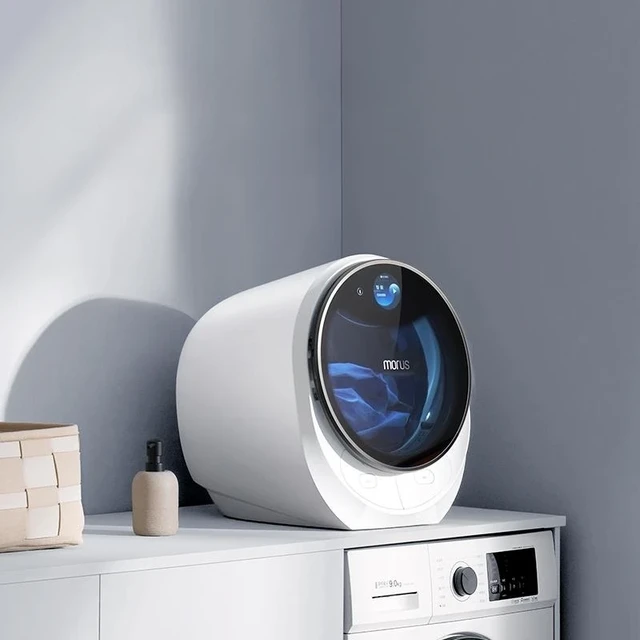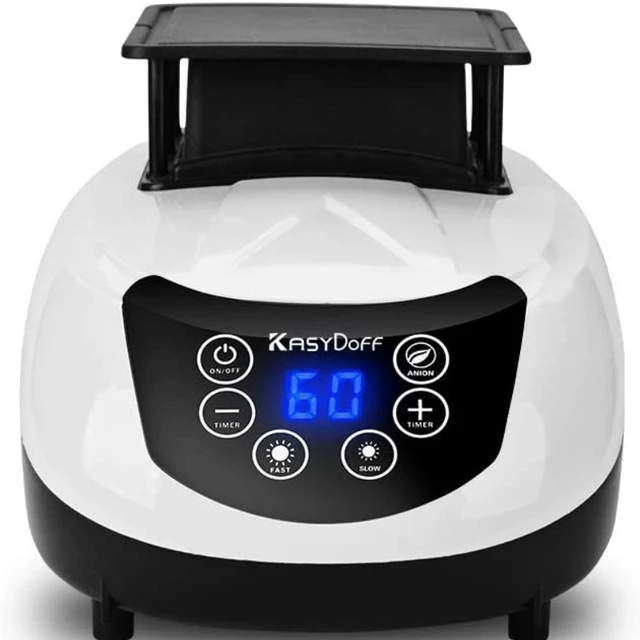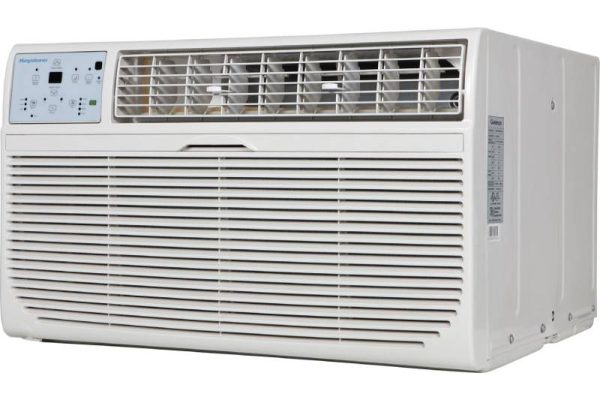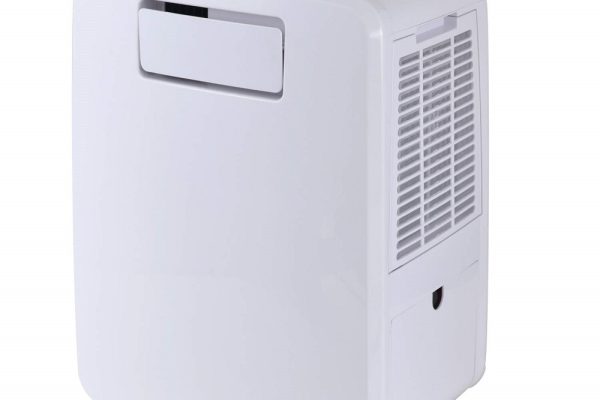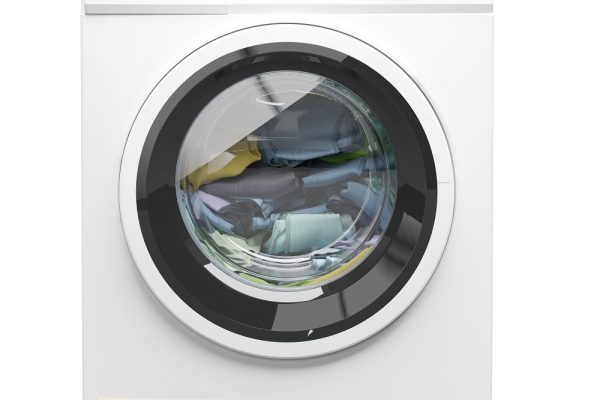When you open your dryer door and are greeted by an unpleasant odor, it can be alarming and frustrating. The lingering smell often leads to more questions than answers, primarily: “Why does my dryer stink?” This article will delve into the various reasons your dryer may emit an unpleasant smell, the potential risks associated with neglecting this issue, and the steps you can take to resolve the problem.
Understanding Dryers and Their Function
To comprehend why your dryer might smell, it’s essential first to understand how dryers operate. Most dryers work by circulating hot air through wet clothes to evaporate moisture. The warm, moist air is then vented outside your home via a vent duct.
Components of a Dryer
Heating Element
The heating element is responsible for generating hot air. If it malfunctions or collects lint and debris, it can lead to overheating and produce a burning smell.
Drum
The drum is where you place your clothes. If residues from previous loads remain inside the drum, they can cause an unpleasant smell when exposed to heat.
Venting System
The venting system expels moist air outside. A blocked vent can lead to overheating and a musty smell due to stagnant air.
Types of Dryers
Regardless of whether you have a gas or electric dryer, the basic operation and potential issues remain quite similar. However, the specific causes of unpleasant odors might differ slightly.
Common Causes of a Stinky Dryer
Understanding why your dryer stinks necessitates a look at some common causes that could lead to foul odors emanating from your machine.
1. Lint Buildup
Lint is a byproduct of drying clothes, and while lint traps usually catch most of it, some can escape into the dryer’s vent and internal systems.
The Importance of Regular Cleaning
Regularly cleaning the lint trap and duct can prevent build-up, which not only can smell bad but can also pose a fire hazard.
2. Moisture Accumulation
If moisture accumulates inside the dryer, it can lead to mildew or mold formation. This is particularly common if the dryer is used frequently and not properly ventilated.
Identifying Moisture Problems
If your clothes feel damp after drying, or if you can see condensation inside the dryer, it is a sign that there might be an issue with moisture management.
3. Stale or Dirty Clothing
Sometimes, the issue may not be with the dryer itself, but rather with the clothes being dried. If clothes are stored damp for an extended period, they can develop a musty odor.
The Solution: Wash Thoroughly
Always ensure that your laundry is not just damp, but clean. A thorough wash can often resolve the smell issue.
4. Blocked Ventilation
A blocked ventilation system can lead to overheating and allow odors to build up inside the dryer.
Check for Obstructions
It’s wise to occasionally inspect the entire length of the vent duct for lint clogs or other obstructions that could block airflow.
5. Animal Intrusions
Sometimes, pets may find their way into dryer vents or ducts, leading to a buildup of fur and possible deceased animals, which can create a significant odor.
Prevention Tips
Be vigilant in monitoring your dryer vent’s outside opening to ensure it’s not a haven for animals seeking a warm, sheltered spot.
6. Electrical or Mechanical Issues
Another less common cause for a stinky dryer can be mechanical issues, such as a malfunctioning heating element or wiring that could release noxious fumes.
Signs of Mechanical Problems
Watch for signs like scorch marks or burning smells, which might indicate electrical issues that necessitate immediate attention.
Health Risks Associated with a Smelly Dryer
Ignoring the issue of a stinky dryer can lead to several health and safety risks.
Mold and Mildew Growth
The presence of mold and mildew can lead to respiratory issues, especially for those with allergies or asthma.
Fire Hazards
Lint accumulation in the dryer vent is a leading cause of house fires. Regular maintenance and cleaning are critical in mitigating this risk.
Chemically Induced Illness
Fumes released from malfunctioning electrical components can be hazardous. Continuous exposure can lead to headaches, dizziness, or more severe health risks.
Steps to Diagnose and Fix: why does my dryer stink
If you find yourself asking, “Why does my dryer stink?” you’ve come to the right place. Here’s a step-by-step approach to diagnosing and fixing the issue.
Step 1: Inspect the Lint Filter
Start by checking the lint filter. Remove any accumulated lint and wash the filter in warm soapy water to eliminate fabric softener residue that can trap odors.
Step 2: Check the Drum
Inspect the dryer drum for any unusual stains or residue. Wipe it down with a mixture of vinegar and water to ensure it’s clean and free of smells.
Step 3: Inspect the Ventilation System
Check the external vent flap to ensure it opens freely and that there are no obstructions in the duct. It may be necessary to detach the duct for a thorough cleaning.
Step 4: Examine the Condenser (if applicable)
If you have a condenser dryer, clean the condenser unit. Blocked condensers can affect the dryer’s performance and create unpleasant odors.
Step 5: Run a Cleaning Cycle
Many modern dryers have a cleaning cycle. Check your owner’s manual for specifics on how to use this feature, and run it regularly.
Step 6: Call in Professionals
If you’ve gone through these steps and the smell persists, it may be time to consult a professional technician. They can provide a more comprehensive assessment of any mechanical issues.
Maintenance Tips to Prevent Future Smells
Now that you’ve addressed the issue, it’s essential to maintain your dryer to prevent future odors.
Regularly Clean the Lint Filter
Always clean the lint filter after every load. This simple habit can prevent fires and smells from building up.
Schedule Routine Maintenance
Consider scheduling annual maintenance checks for your dryer to ensure there are no hidden issues.
Properly Store Laundry
If you can’t dry your clothes right away, ensure they are stored in a cool, dry place to prevent mustiness and odor development.
Improve Ventilation
Ensure that your laundry area is well-ventilated. Overheated and stagnant air can lead to mildew and unpleasant smells.
Monitor Humidity Levels
If your laundry area is particularly humid, consider using a dehumidifier to mitigate moisture buildup.
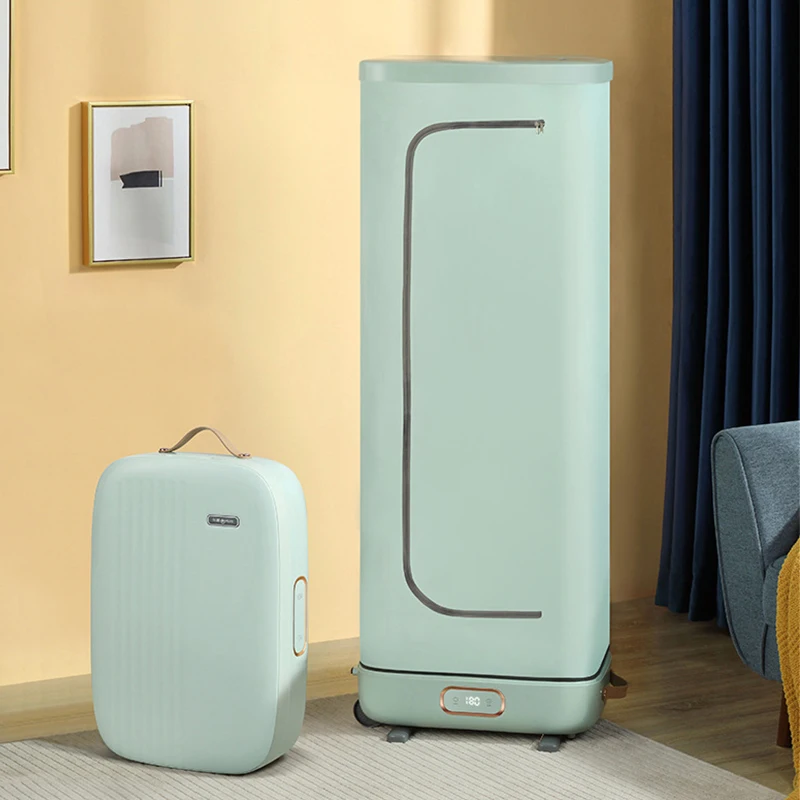 When to Seek Professional Help
When to Seek Professional Help
Persistent Odors
If, after cleaning and inspecting your dryer and ventilation system, you still notice a persistent odor, it could be time to consult a professional technician. They can conduct a thorough inspection of the system, identifying hidden problems such as damaged ductwork that may be contributing to odors.
Electrical Issues
In some cases, a burning or chemical smell may signal a more serious issue. If you experience this, immediately turn off the dryer and unplug it. This could indicate electrical wiring problems or overheating, both of which could pose a fire hazard.
Frequency of Use
If your dryer frequently experiences problems despite regular cleaning, it may be reaching the end of its lifespan. Age can contribute to efficiency issues and odors, and you might consider investing in a new dryer.
Conclusion: why does my dryer stink
In conclusion, the question “Why does my dryer stink?” can have multiple answers, depending on various factors such as lint buildup, moisture issues, stale clothing, or even mechanical problems. Understanding the underlying causes can help in addressing the issue effectively. Through regular maintenance and immediate action when odors arise, you can keep your dryer smelling fresh and functioning safely. Never neglect a smelly dryer, as it can carry health and safety risks that are easily preventable. Regular attention to detail will ensure your dryer serves you well for years to come.
